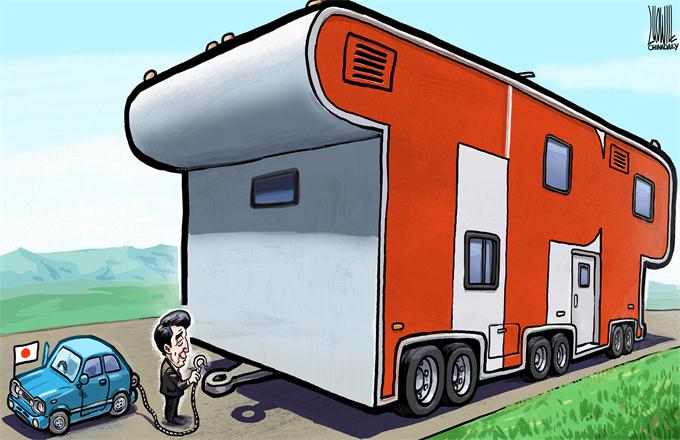Notices banning all riverbed food stalls simply red herrings
UNREGISTERED FOOD STALLS have thrived on the dry bed of the Yellow River in Zhengzhou, Central China's Henan province, despite the regulations and campaigns introduced by the authorities at various levels aimed at curbing their numbers. Beijing News comments:
The central, provincial and city governments have issued at least six special notices banning the setting up of food stalls on the riverbed because of safety and pollution concerns.
But the notices have not been translated into effective actions to eliminate the eateries.
Some food stalls on the sandbars or on barges have been operating for more than 30 years. Most, if not all, of the food stalls directly discharge their waste water and dump their rubbish into the river.
But according to the Flood Control Act, it is strictly prohibited to build constructions or engage in any commercial activities on the dry beds of rivers and lakes as it may hinder the draining of flood waters or affect the stability of the river and lake ecosystems.
That all food stalls on the dry bed of the Yellow River in Zhengzhou are illegal is beyond doubt. The reason why they have been able to prosper over the past three decades even in the face of the authorities' opposition is that no department is directly responsible for dealing with the problem. There are too many departments under whose remit they fall, such as the administrative departments of tourism, business, river affairs, public security, and environmental protection, among others
Any one of them could exercise its authority to remove the illegal food stalls. But sadly, none of the departments has come forward to deal with the problem.
As long as there are no binding accountability systems to hold lazy officials responsible for intentionally neglecting their duties, the illegal food stalls will have enough reasons to ignore the authorities' predictable seventh notice aimed at sweeping them from the riverbed.



















